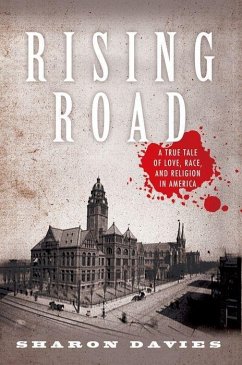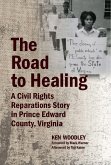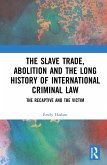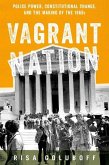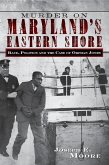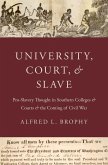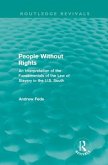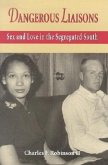In Birmingham, Alabama in 1921, an unstable and fiercely anti-Catholic Methodist minister named Edwin Stephenson shot and killed James Coyle, an Irish Catholic priest, in broad daylight on the rectory steps of his church. As it so happened, the fiercely intelligent priest had married the minister's 18-year headstrong daughter Ruth -who secretly turned to Catholicism at the age of 12-to Pedro Gussman, a 42-year old Puerto Rican of indeterminate racial ancestry. The resulting trial has virtually disappeared from historical memory, but it was a sensation at the time. It featured all of the elements of intolerance that dominated the era: Southern racism, anti-Catholicism, and xenophobia. Adding to the intrigue, the minister, a member of the recently revived Ku Kluxl Klan, hired future Supreme Court Justice Hugo Black as his defense attorney. Black would become a legendary champion of civil rights later in life, but in 1921, he was a few years away from joining the Klan himself. Entering a plea of temporary insanity, Black based based his claim on his belief that the Puerto Rican husband was black, which not only was an affront to the Southern racial order, but clearly in violation of the state's anti-miscegenation laws. Sharon Davies tells this incredible story through a narrative of the romantic relationship between Ruth Stephenson and Pedro Gussman, but she positions it in its historical context: the hard-but-fraying racial and religious orders of 1920s America. Through the story of a heinous crime and its aftermath, Davies provides an epic account of the consequences of prejudice at the height of the Jim Crow era.
Rising Road resurrects an infamous murder trial of the 1920s South. As Sharon Davies reveals with novelistic richness, the trial laid bare the most potent bigotries of the Jim Crow era: a hatred not only of blacks, but of Catholics and "foreigners" as well. In one of the case's most unexpected turns, the murderer hired future U.S. Supreme Court Justice Hugo Black to lead his defense. Though regarded later in life as a civil rights champion, in 1921 Black was just months away from donning the robes of the Ku Klux Klan, the secret order that financed the defense.
Rising Road resurrects an infamous murder trial of the 1920s South. As Sharon Davies reveals with novelistic richness, the trial laid bare the most potent bigotries of the Jim Crow era: a hatred not only of blacks, but of Catholics and "foreigners" as well. In one of the case's most unexpected turns, the murderer hired future U.S. Supreme Court Justice Hugo Black to lead his defense. Though regarded later in life as a civil rights champion, in 1921 Black was just months away from donning the robes of the Ku Klux Klan, the secret order that financed the defense.

